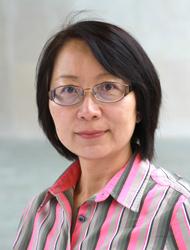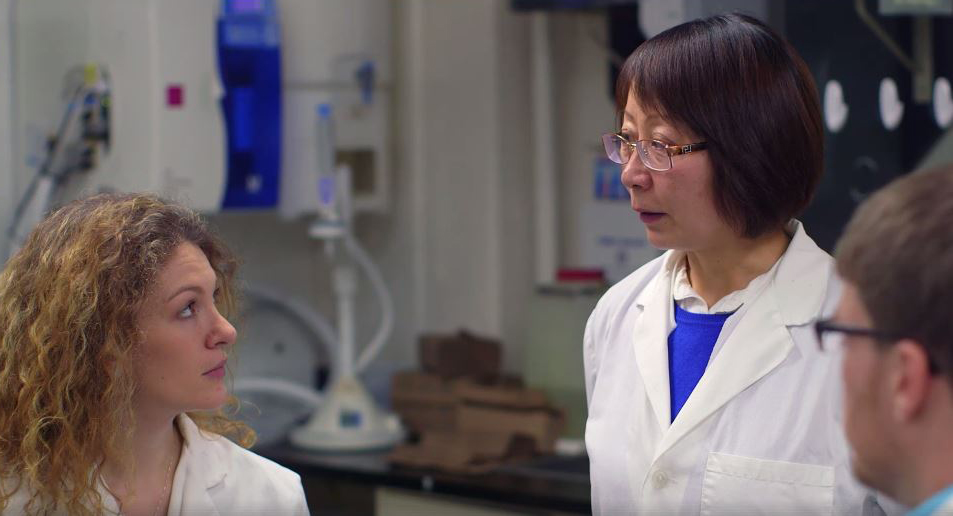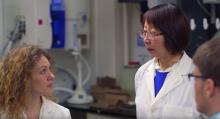Jing Meng
MD, Ph.D.
Jing Meng is a core faculty member in the Department of Basic Sciences at Bastyr University.
Dr. Meng has been an assistant professor and a physician in the Department of Microbiology of Qingdao Medical College and Qingdao Municipal Hospital, teaching medical microbiology and studying viral infections. Dr. Meng has completed postdoctoral fellowships at the University of Washington and Fred Hutchinson Cancer Research Center, studying the mechanisms of androgen action and prostate cancer development. She has also enjoyed teaching cell biology at Seattle Community College, and served as an assistant professor teaching various preclinical science courses at Bethel University.
Dr. Meng’s teaching interests include creating an active learning environment promoting student interests and critical thinking. She aims to reinforce core concepts and help lay a solid foundation for her students’ future practices.
Education:
- MD from Shandong Medical University
- MS in Microbiology from Shandong Medical University
- Ph.D. in Biological Sciences from the University of Alabama
Research Interests
Dr. Meng’s research interests are to study cancer development and seek naturopathic products helping cancer patients. In particular, she is interested in elucidating the roles of tight junction proteins in regulating the proliferation of prostatic epithelial cells and prostate cancer development. Tight junctions are the intercellular junctional complexes that regulate paracellular permeability and are important for the establishment of epithelial cell polarity. Some recent studies suggest that tight junctions modulate cell proliferation and differentiation. However, how tight junction proteins are involved in tumorigenesis and especially progression of castration-resistant prostate cancers is not clear. Dr. Meng’s recent research work with Dr. Pete Nelson at Fred Hutchinson Cancer Research Center shows that androgen depletion leads to defective tight junctions in the prostate and an auto-immune humoral response directed toward prostatic proteins.
Research highlights
The Influence of Tight Junction Proteins on Prostate Cancer Cell Proliferation
Tight junctions are the intercellular junctional complexes that regulate paracellular
permeability and determine the epithelial cell polarity. Some recent studies suggest that tight junctions modulate cell proliferation and differentiation. However, how tight junction proteins are involved in tumorigenesis and especially progression of castration-resistant prostate cancers is not clear. Dr. Meng¹s previous research work with Dr. Pete Nelson at Fred Hutchinson Cancer Research center shows that androgen depletion leads to defective tight junctions in the prostate and an auto-immune humoral response directed toward prostatic proteins. Currently, Dr. Meng and her colleagues are interested in elucidating the roles of tight junction proteins in regulating the proliferation of prostatic epithelial cells and prostate cancer development.


